High pressure pumps
-
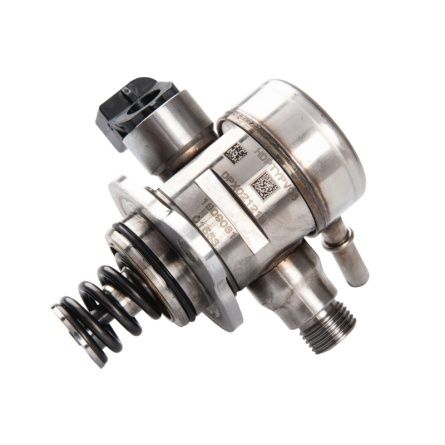
High Pressure Pump
Volkswagen05E127027B£122.84 £102.37 -
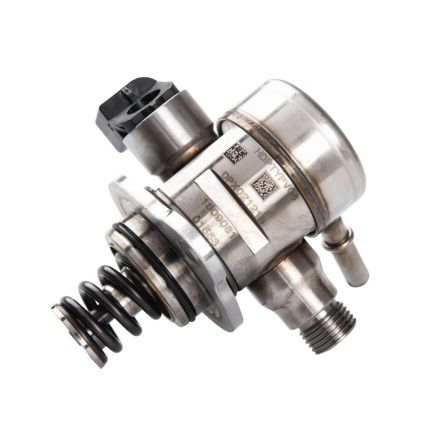
High Pressure Pump
Volkswagen05E127027£122.84 £102.37 -
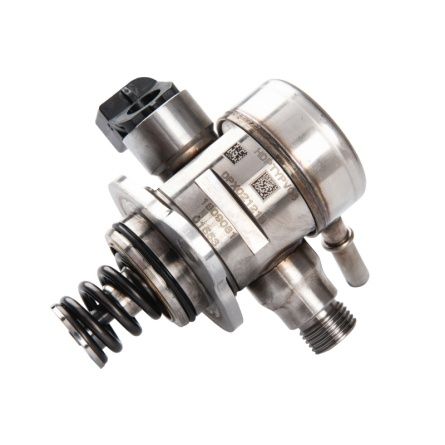
High Pressure Pump
Volkswagen05E127027D£122.84 £102.37 -
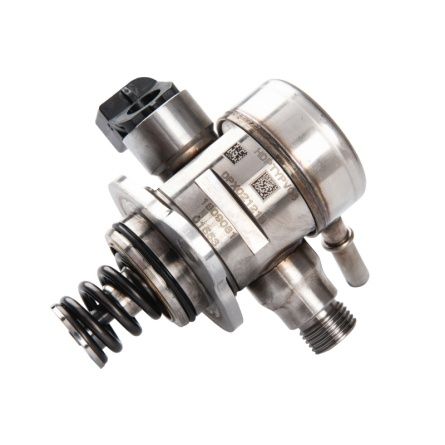
High Pressure Pump
Volkswagen05E127027J£122.84 £102.37 -
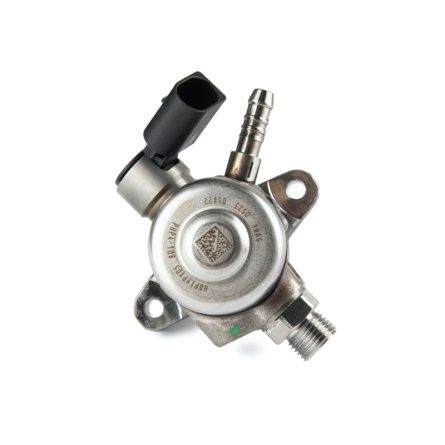
High Pressure Pump
Volkswagen04E127027N£131.03 £109.19 -
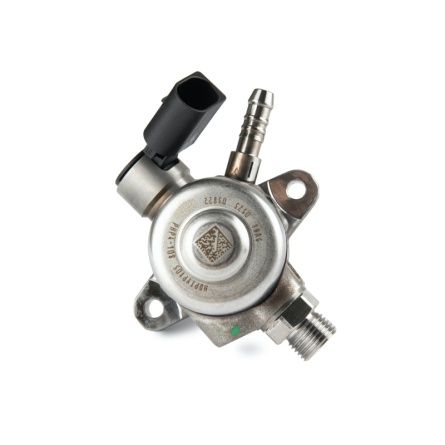
High Pressure Pump
Volkswagen04E127027L£131.03 £109.19 -
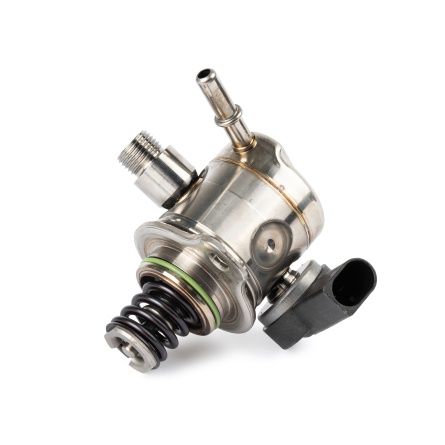
Fuel Pump
Volkswagen05E127027L£106.46 £88.72
High pressure pumps
High-pressure pumps stand at the heart of countless modern systems, driving efficiency, performance, and reliability across a wide range of applications. From advanced automotive fuel injection systems to industrial and hydraulic machinery, these powerful components are designed to deliver precise pressure and consistent flow under even the most demanding conditions. Their ability to maintain optimal performance where precision and endurance are essential makes them indispensable to engineers, manufacturers, and technicians alike. In essence, high-pressure pumps are the unsung heroes that ensure smooth operation, energy efficiency, and long-term durability—proving that true innovation lies in the power of consistent performance.
Understanding High Pressure Fuel Pumps
A high pressure fuel pump plays a vital role in modern fuel delivery systems, ensuring that engines receive the exact amount of fuel needed for efficient combustion. Its main function is to compress fuel from the low-pressure feed system to the extremely high pressures required by direct injection engines. This pressurized fuel is then delivered to the injectors, allowing for fine atomization and precise timing during the injection process. By maintaining consistent pressure across varying engine loads and speeds, the high pressure fuel pump helps optimize combustion efficiency, improve throttle response, and reduce emissions.
Without its precise operation, even advanced engines would suffer from poor performance, uneven idling, or increased fuel consumption. The HPFP, often controlled electronically, ensures stable operation under diverse driving conditions and supports emission control systems for cleaner performance. In modern vehicles, the HPFP stands as a bridge between mechanical precision and electronic intelligence — an essential element in achieving both performance and sustainability.
Benefits of Diesel High Pressure Pumps
The diesel high pressure pump offers significant advantages that make it indispensable for modern diesel engines. One of its greatest strengths lies in its ability to generate extremely high fuel pressures, ensuring efficient atomization inside the combustion chamber. This fine mist of fuel mixes uniformly with air, resulting in cleaner and more complete combustion. As a result, engines equipped with a diesel high pressure pump achieve greater fuel efficiency, delivering more power while consuming less fuel — a key factor for both cost savings and environmental protection.
Moreover, these pumps contribute to reduced exhaust emissions. By ensuring precise fuel delivery and maintaining optimal injection timing, they minimize harmful pollutants such as nitrogen oxides and particulate matter. Consistent pressure also improves engine responsiveness, enhances smooth acceleration, and reduces vibration. Altogether, the reliability and precision of these pumps help extend engine life, making them essential components for achieving the balance between power, efficiency, and environmental responsibility that defines modern diesel technology.
The Role of Common Rail Fuel Pumps
Modern diesel engines often rely on a common rail fuel pump to maintain high and consistent pressure within the fuel rail system. In this setup, a single common rail fuel pump supplies fuel to all injectors through a shared rail, allowing for exceptional precision and timing control. This arrangement improves fuel atomization and enables multiple injections per cycle, resulting in quieter operation, reduced emissions, and smoother engine performance.
Beyond performance benefits, the design of common rail systems allows for flexible pressure management, adapting instantly to changing engine demands. The pump’s robust construction ensures reliability under high mechanical stress, while its electronic regulation guarantees exact synchronization with injector activity. This harmony between mechanical power and digital control defines the next generation of diesel fuel delivery — one where energy efficiency and low emissions coexist with uncompromised performance.
Choosing the Right HPFP for Your Needs
Selecting the right high pressure fuel pump or HPFP requires careful evaluation of several critical factors, as the reliability of the entire fuel system depends on it. The first step is to determine the engine type. Diesel engines and gasoline direct injection systems operate under different fuel characteristics and pressure requirements — diesel applications, for instance, demand stronger compression and higher flow rates. Therefore, choosing a pump specifically designed for the intended fuel type ensures longevity and peak performance.
Equally important is the operating environment. Vehicles or machinery used in extreme climates, dusty construction zones, or off-road conditions require pumps with durable sealing, corrosion resistance, and superior thermal stability. In contrast, standard passenger vehicles benefit most from quiet operation, fuel efficiency, and compatibility with electronic management systems.
OEM compatibility also plays a crucial role. The high pressure fuel pump must meet manufacturer specifications to ensure seamless integration with sensors, injectors, and control units. Investing in premium, certified parts reduces the risk of malfunction and extends service life. Whether for a personal car, heavy-duty truck, or industrial application, the right HPFP offers a perfect balance between durability, accuracy, and energy efficiency — keeping engines running at their best under any conditions.